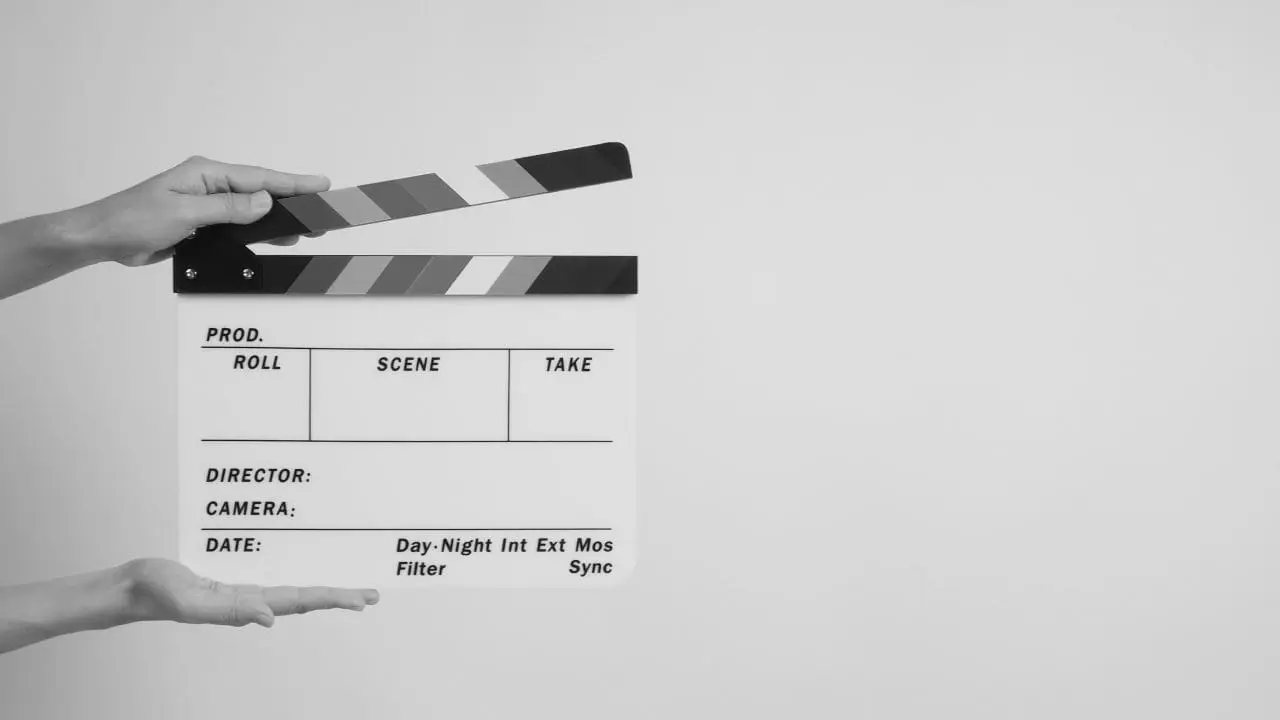

The Screen Actors Guild-American Federation of Television and Radio Artists (SAG-AFTRA) recently went on strike over fears that artificial intelligence (AI) could threaten their profession, potentially reducing actors’ earnings. These concerns are not unfounded, as AI has already been used to create characters in films such as Blade Runner 2049–characters whose mannerisms, manner of speaking, and even physical appearance can imitate humans convincingly enough for film audiences to accept them as real people. With advances in technology continuing at a rapid pace, many fear that AI will soon become so sophisticated it could entirely replace human actors altogether.
These fears have prompted the actors’ union to take a stand, advocating for increased wages and better work conditions. This is an important step in protecting their rights as professionals, but it may not be enough to protect them from the changing industry. AI has already proven itself capable of playing complex roles in movies and television shows; now it’s only a matter of time before directors start using AI instead of human actors due to its affordability and reliability.
As a result, professional actors are faced with difficult decisions: whether they should continue working in traditional Hollywood films or seek out alternative sources of income such as voice-over work or online streaming services like Netflix. Unfortunately, none of these options guarantee long-term job security since AI could even replace voice-work at some point in the future. Actors also have to consider how their professional associations can help them protect their rights and livelihoods in the face of this changing industry.
In response to increasing concerns about the impact AI could have on actors’ earnings, the Screen Actors Guild-American Federation of Television and Radio Artists (SAG-AFTRA) has gone on strike. This union represents over 160,000 professional actors in the United States with a mission to protect their rights as performers and ensure they are compensated fairly for their work.
By going on strike, SAG-AFTRA is sending a message to studios and production companies that it will not tolerate its members being replaced by artificial intelligence. The fear is that studios will turn to automated characters created by AI instead of human actors due to the cost savings involved. This could potentially reduce actors’ wages significantly since AI can be produced cheaply and reliably without having to pay for rehearsals or pay for an actor’s time.
To protect its members, SAG-AFTRA is advocating for increased wages and better working conditions to ensure that human actors are still seen as valuable in the entertainment industry. It is also encouraging its members to stay informed about emerging technologies, so they can make educated decisions about how best to protect their rights and livelihoods amidst changing industry trends.
Artificial intelligence (AI) is already beginning to reshape the entertainment industry, as studios are increasingly turning to automated characters created by AI instead of human actors due to its affordability and reliability. This has caused many professional actors to fear for their livelihoods, prompting them to take action in protecting their rights. The Screen Actors Guild-American Federation of Television and Radio Artists (SAG-AFTRA) recently went on strike over fears that AI could have a significant impact on actors’ earnings, demonstrating the union’s commitment to preserving the value of human performers in the age of technology.
The rise of AI has raised some important questions about the future of Hollywood films. Will automation lead to fewer opportunities for human actors? Will AI replace entire roles and storylines that were traditionally filled by professional performers? The answers to these questions are yet to be seen, but it’s clear that they will have a profound impact on how entertainment is produced in the coming years.
It’s also important to consider the ethical implications of using AI in entertainment productions. On one hand, it could offer audiences more realistic performances from automated characters. On the other, there is an argument that AI should not be used as a substitute for human actors since it won’t provide them with the same job security or opportunity for creative expression.
As AI continues to advance, many fear that it will soon become sophisticated enough to replace human actors entirely. This could have a significant effect on professional actors, as studios may be inclined to use automated characters instead due to cost savings and reliability. At the same time, some worry that this might reduce the quality of films since automated characters lack the emotion and nuance of human performances.
The rise of AI also poses a challenge for professional actors in terms of job security. Studios may opt for automated characters over paying an actor’s salary which could lead to fewer roles being available for traditional Hollywood films. To make matters worse, AI is becoming increasingly advanced and could potentially replace even voice-over work in the future, leaving some actors with no other choice but to explore new opportunities in the industry.
The SAG-AFTRA strike is a powerful signal that traditional actors are getting increasingly worried about their job security in light of AI. It’s also an indicator of what might happen if studios continue to opt for automated characters instead of hiring human actors due to cost savings. This could lead to fewer roles being available for professional performers and lower wages since AI can be produced cheaply and reliably without having to pay for an actor’s time or rehearsal expenses.
The strike is a sign that Hollywood is experiencing a period of transition and uncertainty. It’s too early to tell what the future holds for professional actors in light of AI, but one thing is certain: if studios continue to opt for automated characters over human performers, traditional actors will need to find ways to protect their rights and ensure they are compensated fairly for their work.
As the entertainment industry continues to evolve due to technological advances such as Artificial Intelligence (AI), it’s becoming increasingly difficult for professional actors to stay relevant. With studios opting for automated characters instead of human performers due to cost savings and reliability, it’s no wonder that many are feeling the pressure to stay competitive.
At the same time, there are still opportunities for professional actors to find success in the age of AI. To be a successful actor in 2020, performers need to stay up-to-date on emerging technologies and trends so that they can make educated decisions about how best to protect their rights and livelihoods amidst changing industry standards. Furthermore, they must continue to hone their craft by taking acting classes, doing workshops, and staying active in the community.
While some fear that AI will replace human performances entirely, it’s important to understand that AI is not yet sophisticated enough or capable of creating complex characters and storylines. In fact, many argue that AI could actually help enhance the quality of films by providing more realistic performances from automated characters.
At the same time, it’s clear that AI will continue to evolve and become increasingly sophisticated in the coming years. As such, it’s important for Hollywood actors to stay informed on industry trends so they can protect their rights and ensure that human performers remain valued in the age of technology.
As studios increasingly opt for automated characters instead of paying an actor’s salary, it’s becoming increasingly difficult for professional actors to find job security amidst changing industry standards. Traditional performers must now find ways to stay competitive while also protecting their wages and rights in the age of AI.
For AFTRA members, this means staying informed on industry trends and understanding how best to take advantage of available opportunities. Additionally, it’s important that they work together as a collective to ensure their voices are heard and their interests are represented in unions and legislatures. By doing so, they can create an environment where human performers remain valued and protected despite advances in technology.
With AI becoming increasingly advanced, traditional actors need to find ways to protect their earnings against automated characters. One way is for professional performers to explore new opportunities in the industry by taking on roles that automated characters can’t do. For example, AFTRA members could focus on voice-over work or pursue other creative projects outside of traditional Hollywood films.
At the same time, AFTRA members must also stay informed on laws and regulations related to AI so they can ensure their wages and rights are protected in the age of technology. Working together as a collective is also essential for professional actors to make sure their concerns are heard and addressed by unions and legislatures when it comes to protecting their earnings against automated characters.
Overall, it’s clear that AI poses both challenges and opportunities for professional actors. While studios may opt for automated characters due to cost savings and reliability, professional performers still have a chance to remain competitive and protect their earnings in the age of AI. By staying informed on industry trends, taking advantage of new opportunities, and working together as a collective, AFTRA members can ensure that human performers remain valued in the entertainment industry for years to come.


